Two weeks ago, we reported that Gucci embraced e-commerce in China. Now, another major player has followed suit. Louis Vuitton has made the same tech-savvy step, launching its own e-commerce site in China. So what does this mean for LV, and how can we make sense of this trend in the bigger picture?
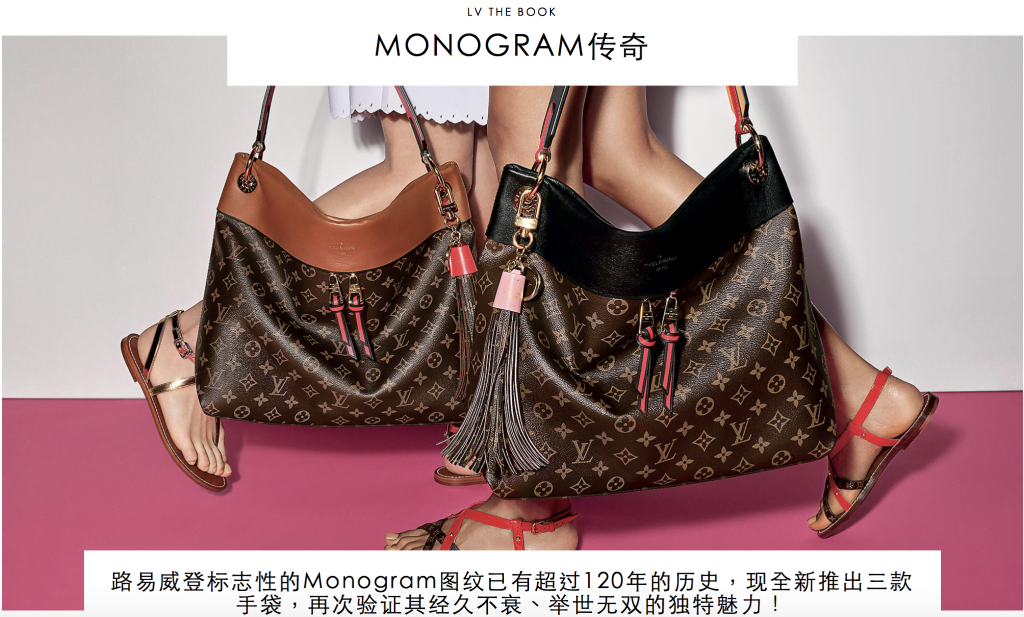
Photo courtesy: Louis Vuitton
According to Luca Solca, head of luxury goods at Exane BNP Paribas, louisvuitton.cn “was expected and somewhat overdue — clearly a good sign that the European megabrands are finally entering the Chinese luxury digital market.” Other Western “megabrands” that sell online in China include Burberry and Michael Kors. But LV’s move to e-commerce in China hasn’t come that late, especially since numerous other Western luxury brands are lagging behind. Only 21 out of the 34 major luxury brands, according to Exane, have e-commerce sites in the country. Hermes, Ralph Lauren, and Prada, for example, have not yet entered the Chinese e-commerce market.
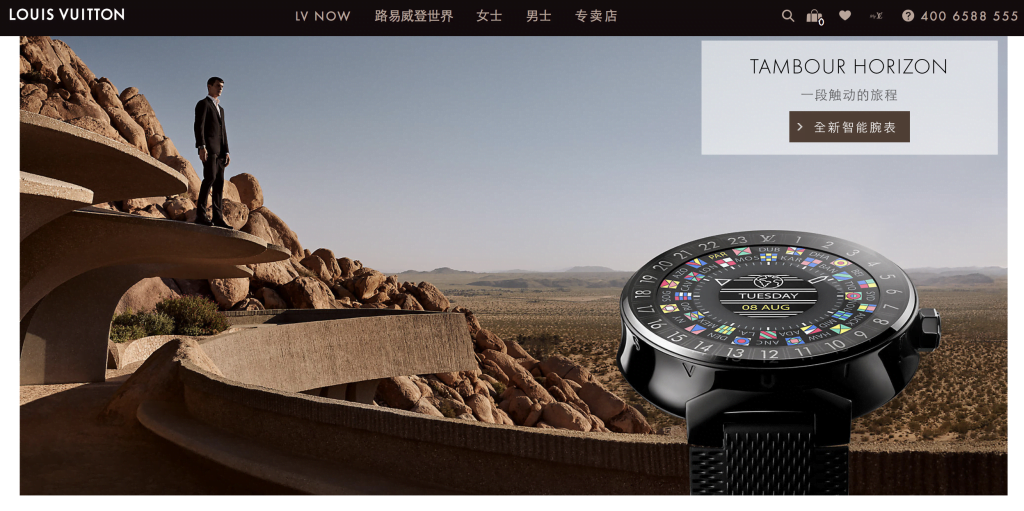
Photo courtesy: Louis Vuitton
China is at the vanguard of digital consumption. According to WWD, Chinese consumers account for every 1 in 3 luxury purchases in the world. Chinese consumers prioritize online buying because they can take advantage of price differences, and because the Chinese government streamlines customs procedures for e-commerce. Louis Vuitton’s move is particularly important right now since it corresponds with the resurgence of domestic spending in China this year (which has boosted the entire luxury market!).
Throughout China, digital payment solutions like Alipay are accepted much more frequently. In fact, the LV web site in China only accepts Alipay, and intends to add UnionPay and WeChat Pay soon. The United States, on the other hand, still relies primarily on credit and debit cards.

Photo courtesy: Louis Vuitton
According to WWD, “More and more high-end brands are turning to self-operated e-commerce in response to the many fake goods that abound in the market and the desire to control the retail experience from start to finish.” This level of control is especially necessary when counterfeit goods abound. LV launched their self-operated site to tap into the market while sidestepping business-to-consumer sites, like TMall and JD.com, that garner high traffic by partnering with luxury brands, but have also been accused of enabling counterfeiters.

Photo courtesy: Louis Vuitton
Louis Vuitton’s move, of course, brings up the familiar worries about how e-commerce might harm the success of brick-and-mortar stores, but such is the way of luxury today. (Read: Luxury in the Age of Millennials)
As Rogerio Fujimori, an analyst at RBC Capital Markets, says, “You have to be there, online, offline, with a consistent offer and service the customer wherever he wants to buy, so that’s the cost of doing business.”
What are your thoughts? Is this the best move for LV, Gucci, and the luxury houses that are destined to follow? Do you wish that brands would go back to focusing on brick-and-mortar stores, or do you believe e-commerce is the inevitable way of the modern age? Let us know below!
Read related articles below:
Gucci Embraces E-Commerce in China
Luxury in the Age of Millennials
Amazon Prime Wardrobe: An Online Shopping Revolution?
Top 10 Most Digitally Savvy Brands
Prada’s Plummeting (but Recovering?) Profits
Internet Causes Brand Fatigue for Handbag Companies
Love PurseBop
XO
Updated: July 24th, 2017





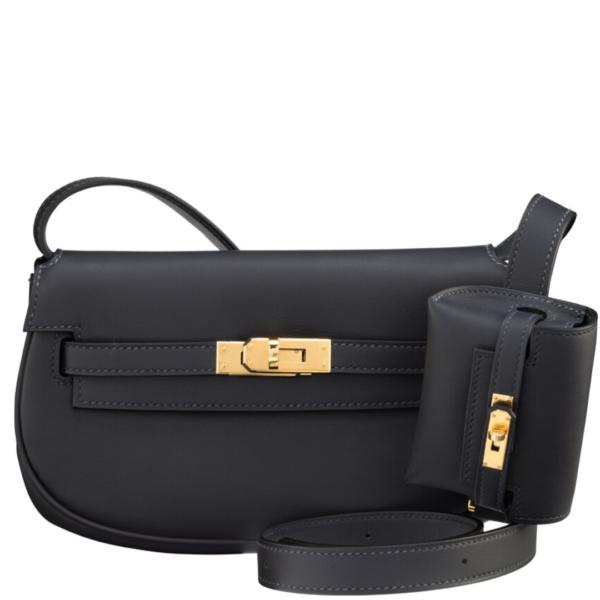

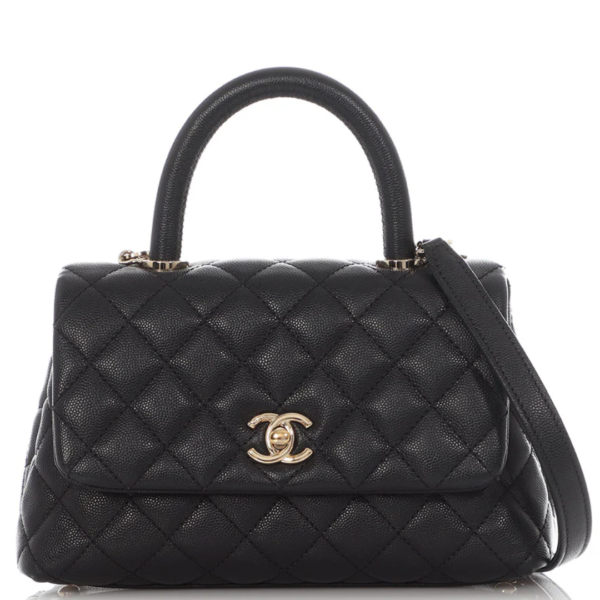







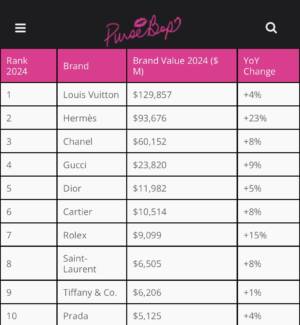
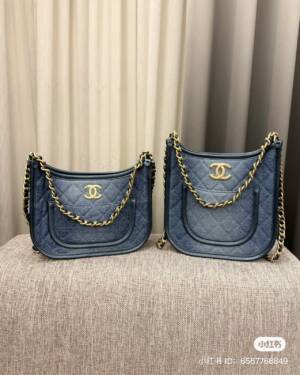





Comments